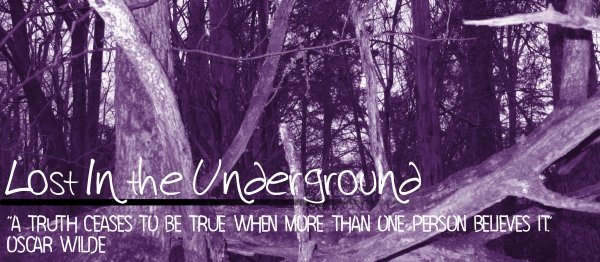Insanely slow. As in, it takes it 15-20 to start up slow.
I suspect this is mostly just the effects of age, but I'm sure that falling on the ice didn't help. Oh, and the last update of Firefox screwed up Google Gears.
But enough of that. Let’s Talk About Fantasy
High fantasy is my bad habit. Okay, well, one of my bad habits. Both the reading and writing thereof. (Poking around old palaces results in scribbling high fantasy, apparently.)
I think I’ve written about Carol Berg once before, back in the beginning, commenting on her sadism toward her characters, and worrying that she was falling into the trap of repeating the same basic plot. Since then, I’ve read the third book in Bridge of D’Arnath trilogy – The Soul Weaver. I’m actually into my second reading. Do pick up this book if you’re looking for something to read.
First off – Berg is a more than capable writer. She doesn’t hit the sublime height of the greats, but she’s better than many, many writers who are currently being published – including a number of the “literary” writers.
I’m impressed with anyone who can write a novel in first person from different points of view and successful change the tone, dictation, and mannerism of each. And, she’s quite successful in pulling that off in the novel. The style changes appropriately for each character and deftly captures character’s the mental state. Berg’s characterization continues to be strong even with characters who do not get to narrate their own sections. She has a hand for dialogue and indicates dialects and education levels without resorting to obnoxious misspellings or offensive uses of dialect.
There’s a tendency in high fantasy for info-dumping – dropping a lot of description in together. Perhaps this is because fantasy is typically set in an imaginary world and authors want to communicate the setting. While Berg has created some of the most fantastic alternative worlds I’ve ever read about, she also manages to avoid this flaw. She picks just the right details and works them into the development of the plot.
Her characters are deliciously complicated. There are villains of pure evil here and there – but she develops them into three dimensional figures of evil – but on the whole her characters are quite human. Virtuous but mistaken. Blinded by their own needs. So on and so forth. A rare thing in fantasy.
Second, and this is why I’m currently raving, Berg develops some of the most interesting philosophical scenarios in fantasy. In some ways, I even prefer her to Phillip Pullman, whose His Dark Materials Trilogy would be a pressing second. Perhaps it’s because her scenarios are more divorced from the real world, which gives her more freedom to work. Her first trilogy: Transformation, Revelation, Restoration – dealt in part with the question of how a good person should respond when he or she discovers that his or her religion is predicated on a tragic misunderstanding. (You can see how this would appeal to me.)
I wasn’t as in love with her second series. Still good, but just not quite as meaty of reading. Surprisingly, however, the third book – which I picked up for airplane reading – is philosophically satisfying. The Soul Weaver features at marvelously created alternative world – or rather a world being called out of chaos. She refers to it as The Bounded, and it is populated by residents who, due to physical deformity would be outcasts in either of the two “formed” worlds of the novel. Names have particular power in this world, and all the residents of the Bounded desperately desire one.
A number of questions are posed. What is the power of names? (Not that uncommon of a theme in fantasy, but this take is well-done.) Who gets to distribute them? Are people allowed to name themselves – that is, determine the “wholeness” of their being?
Further, the boundaries of this world are in constant flux – growing outwards. How should those who have just been brought into the “bounded” be treated by longer term residents? Kindness, suspicion, welcome, fear, envy? Significantly, “the philosophy” of this world, lives closest to the boundary – on the edge of comprehensible reality.
Obviously, this is a novel – not a philosophical text, so while the questions are posed and explored to varying degrees within the novel, no conclusions were really reached. Berg isn’t especially didactic, as is Phillip Pullman or (to be fair and balanced) C. S. Lewis, which overall, I feel makes her books a more enjoyable read.
Subscribe to:
Post Comments (Atom)


No comments:
Post a Comment